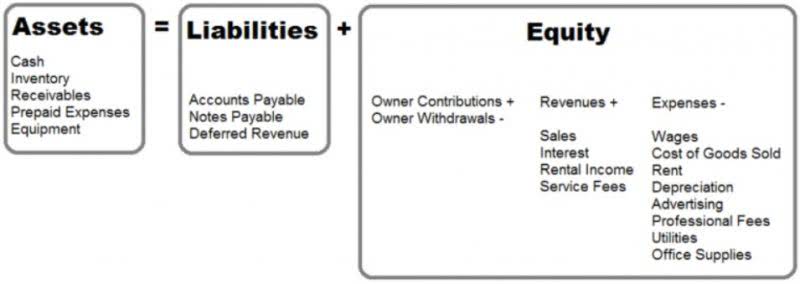
As experts, they provide value through guidance on financial health, operational efficiency, and profitability. Advisory roles require a deep understanding of the business landscape and the ability to translate financial data assets = liabilities + equity into actionable advice. You should focus on providing excellent service to your clients and going above and beyond to meet their needs.
Become Familiar with Bookkeeping Statements
The burden of piled-up financial reports is eliminated with automated bookkeeping. Your small firm will be able to manage and analyze crucial financial data more effectively than competitors by standardizing reports and setting expectations. Moreover, you can browse through your accounting software’s https://www.bookstime.com/articles/back-office-accounting network of professional bookkeeping professionals to uncover dependable solutions.
- For example, heavy equipment rental companies face specific issues such as depreciation and maintenance costs which require a bookkeeper well-versed in these areas.
- But even if an expense is ordinary and necessary, you may still not be able to deduct all of it on your taxes.
- Talk to people in your network who are also bookkeepers and ask what they are charging.
- When creating the company’s balance sheet, the FIFO method of valuation offers costs that most closely resemble the costs most recently incurred.
- An accrual accounting system records transactions, like sales, immediately, even if money isn’t exchanged until later.
The FIFO Accounting Method
There are many resources to help you manage bookkeeping for your small business. What was once the domain of specialized professionals can now be carried out by entrepreneurs of all experience levels in any industry. Beyond the immediate needs of paying vendors and employees or keeping track of expenses, installing and maintaining proper bookkeeping for a small business has innumerable benefits, both short and long-term.

Are bookkeeping and accounting different?
- Nurturing client relationships in the field of bookkeeping is central to the success of any niche-focused financial practice.
- You may want to work with a graphic designer or branding expert to create a professional and cohesive brand image.
- Bookkeeping over the course of a few years also makes it easier for you to estimate how much tax you’ll owe.
- Effective bookkeeping strategies in small businesses can prevent financial mismanagement and support informed decision-making, ultimately contributing to the business’s sustainability and growth.
- Although bookkeeping is an investment, it’s generally much more affordable than attempting to correct costly mistakes down the road.
Choosing between single and double-entry bookkeeping often depends on your company’s volume of transactions. With single-entry bookkeeping, you record each transaction as a single entry – this method is similar to balancing a checkbook. If you handle a low volume of business transactions, single-entry is probably enough. Double-entry bookkeeping requires at least two entries per transaction — a debit from one account and a credit to another. Essential tools and resources for a small bookkeeping business startup include a computer, accounting Bookkeeping for Any Business Industry software, a printer, a scanner, and a reliable internet connection. Bookkeepers may also need to invest in training and certification, as well as marketing materials such as business cards and a professional website.

- They need to know if the company is making some progress and how they contribute to its growth.
- In the 1800s, bookkeeping became a recognized profession in the United Kingdom and the United States.
- Requirement variations stem from factors like industry-specific tax regulations, inventory management needs, and the volume of daily transactions that necessitate tailor-made bookkeeping approaches.
- With proper bookkeeping, you can determine the types of taxes and calculate the amount payable in advance.
Other bookkeepers provide “full-charge” services and can even serve as a financial controller for your company. Unlike accounting, bookkeeping zeroes in on the administrative side of a business’s financial past and present. Accounting, on the other hand, utilizes data from bookkeepers and is much more subjective.
- A chiropractor who just lost his bookkeeper to maternity leave will be much more interested in working with you – a chiropractic bookkeeping specialist – than someone they found on Craigslist or Nextdoor.
- The goal of both reports is to be easy to comprehend so that all readers can grasp how well the business is doing.
- Purchase receipts should always be kept as proof that the purchases took place.
- These insights sharpen a company’s competitive edge and help identify both profitable opportunities and areas requiring improvement.
- Both the single-entry and double-entry methods can work in tandem with cash or accrual bookkeeping.